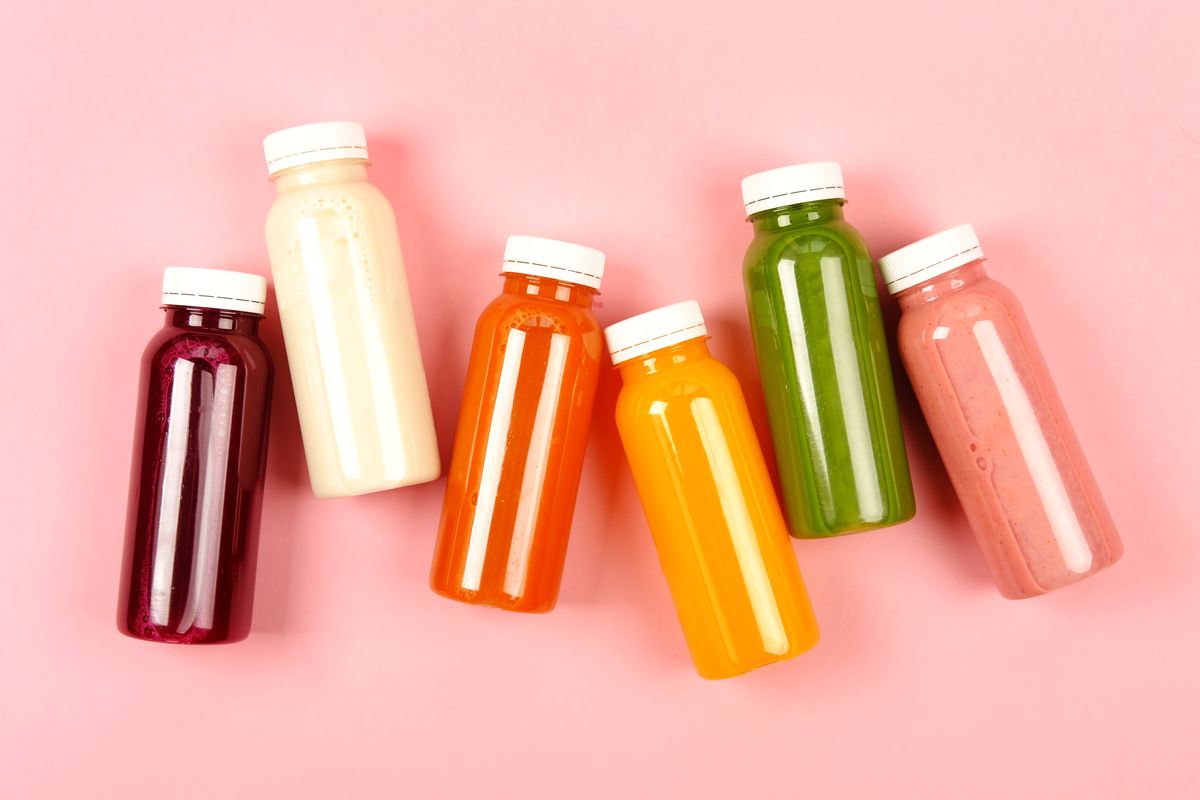Juice Cleansing: Smart Detox or Drastic Diet?
Originally published in the August/September 2013 issue of
Pointe.
Like many dancers, New York City Ballet soloist Antonio Carmena is constantly looking for ways to help his body run more efficiently. After watching a documentary about juice cleansing this March, Carmena decided to try his own three-day version during the last week of the company’s season. “I wasn’t trying to lose weight,” he says. “I just wanted to restart my body.”
Attempting to be as healthy as possible, Carmena created his own juices from spinach, kale, cucumbers and squash, occasionally throwing in berries, ginger or grapefruit. On the first day, he felt hungry but also more hydrated. By day two, though, he’d become stressed-out, and noticed that he had far less energy in rehearsal. “I felt weak, and couldn’t push as hard,” he says. “I realized a juice cleanse isn’t good while you’re dancing.”
Juice cleansing or fasting—where people drink only fruit and vegetable juice while avoiding solid foods—has been used in religious and cultural rituals since the Old Testament days. Dieters have co-opted the practice because it offers a quick way to drop pounds on a short-term basis, and some alternative-medicine practitioners believe that giving the body a break from solid foods allows it to focus on healing. Today, the fresh juice business, including premade juice cleanses, has become a $5 billion industry.
Dancing on the Diet
Juicing has gained traction among dancers. Some view it as an opportunity to get in top aesthetic form before an audition or performance. Others, like Carmena, see it as a chance to detox, although few scientific studies have tested that idea. The deluge of fluids, vitamins and minerals is also appealing to health-conscious perfectionists: All of those berries, citrus fruits and leafy greens can load the body up on antioxidants.
But an all-juice diet has serious consequences. Juices lack protein, digestion-enhancing fiber and healthy fat, and don’t include the combinations of elements that help your body take advantage of the health benefits of fruits and veggies. “Nutrients need to be in certain forms to be digested and enter the bloodstream,” explains Rebecca Dietzel, a biochemist in private practice in nutritional counseling. “Calcium from kale, for example, can’t get into its ionized form when it’s put through the juicer.”
What’s more, juice cleanses rarely offer substantial calories, causing a host of problems. Within 48 hours of starting a juice cleanse, your body is forced to burn muscle mass for energy, says Joy Dubost, PhD, spokesperson for the Academy of Nutrition and Dietetics. “You’re losing essential nutrients and electrolytes,” she says, “which over time can affect the rhythm of your heart and cause muscle cramps.” Thinking it’s experiencing a famine, your body goes into a state of panic, and inflammation increases, making chronic injuries like tendonitis worse. “Your brain also says, ‘Let’s turn down any nonessential processes so we can conserve fuel,’ ” says Dietzel. “That includes hormone production and healing processes, both essential to dancers.”
Then why do so many dancers say that juicing makes them feel great? “It’s often because dancers are usually dehydrated, and during a juice cleanse they finally get the fluids their bodies crave,” says Dietzel, who adds that you can get the same effect by drinking adequate water. Some cleansers even feel euphoric after a few days. But this isn’t the result of improved health; it’s because the body has started dumping opiate-like hormones into the system to protect you from noticing that you’re “starving.”
The aftereffects of a juice cleanse can also backfire. Most dancers gain weight when they return to solid foods because they’ve slowed down their metabolism. “You’ve programmed your body to store fat; it thinks it needs to save fuel,” says Dietzel. Because your body has turned down the production of digestive enzymes, it also takes a few days to restart that process, making you feel sluggish and tired after eating.
A Smarter Cleanse
Not all of the principles of a juice cleanse are inherently misguided. Cutting out artificially processed foods in favor of fresh produce can be a healthy choice. If you’re interested in the idea of rebooting your diet, Dietzel suggests spending one day drinking lots of water and eating only fruits and veggies (a large variety). “You’ll get more hydrated, give your liver a break from fat metabolism and get a wide range of antioxidants and anti-inflammatory compounds,” she says. “Plus, all that fiber supports intestinal and colon health by absorbing toxic compounds in the intestine and helping to create a healthy bowel movement.” However, she warns, just like a juice fast, this one-day diet doesn’t offer enough energy to fuel a full day of dance rehearsals. Only try it on a day off.
For the long term, incorporating more fruits, vegetables and whole grains with high fiber into your diet and drinking more water will keep your body on track. That way, you won’t need to resort to drastic cleanses in order to hit a risky “reset” button.
Originally published in the August/September 2013 issue of
Pointe.





